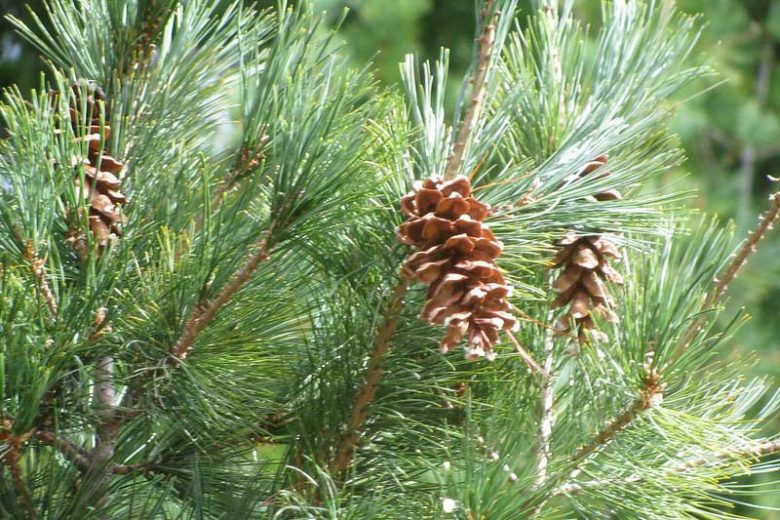Why You Should Buy Organic Fruit & Vegetables
- Mind Body Soul Co
- Aug 2, 2021
- 2 min read
Updated: Mar 21, 2025
Most conventionally grown fruits and vegetables are treated with pesticides, herbicides, fungicides, and synthetic fertilisers — often leaving chemical residues on the food we eat. Over time, these toxins can build up in the body and contribute to a wide range of chronic health issues.

🚫 Harmful Chemicals in Conventional Agriculture
Common toxins you may be exposed to through non-organic produce:
Chlorpyrifos: A neurotoxic insecticide linked to brain damage in children and harmful to bees and aquatic life.
Glyphosate (Roundup): A widely used herbicide associated with cancer, hormone disruption, gut damage, and soil depletion.
Synthetic fertilisers & fungicides: Can harm soil microbiota, reduce nutrient content, and pose risks to water quality and human health.
🧬 Health Risks Linked to Chemical Exposure
Cancer and diabetes
Alzheimer’s, Parkinson’s, and ALS
Infertility and reproductive disorders
Asthma and respiratory disease
Birth defects & neurodevelopmental delays in children
Compromised immunity and endocrine disruption
🌿 Why Buy Organic?
Opting for certified organic produce helps reduce your exposure to these harmful substances and supports the planet. Organic produce is grown without synthetic pesticides, herbicides, fungicides, or genetically modified organisms (GMOs).
Key Benefits of Organic:
Free from synthetic chemicals & glyphosate
Safer for bees, insects & aquatic life
Promotes soil regeneration & biodiversity
Better for farmers' health & wellbeing
Often higher in nutrients due to healthier soil
More flavourful, fresher & seasonal
Reduces your toxic load significantly (by up to 90% in just one week!)
Helps protect developing babies & children's health
Reduces pollution in air, soil & waterways
Supports pollinators, wildlife, and ecosystem health
🍎 The Worst Offenders: High Pesticide Residue
Try to always purchase these organic whenever possible:
Apples
All berries (strawberries, raspberries, blueberries, cherries)
Grapes (especially imported)
Peaches & nectarines
Spinach, kale & other leafy greens
Sweet bell peppers
Potatoes
Celery
Tomatoes
Cucumbers
Snap peas
Hot peppers
These fruits and vegetables frequently test positive for multiple pesticide residues—some over 90% of samples!
🥑 Lower-Risk Produce: Safer When Non-Organic
These items typically have lower pesticide contamination, even when conventionally grown:
Avocados
Pineapple
Sweetcorn* (Note: most conventional corn is GMO)
Cabbage
Frozen peas
Asparagus
Onions
Mangoes
Papayas
Eggplant
Grapefruit
Mushrooms
Bananas
Broccoli
Cauliflower
Sweet potatoes
These have thicker skins or protective layers that reduce chemical absorption.
💧 Extra Tips to Reduce Toxin Exposure
Start small: Buy organic when and where you can—every little bit helps!
Prioritise organic for the most contaminated items (listed above).
Peel fruit and veg where appropriate.
Wash thoroughly and soak in baking soda + water (1 tbsp per bowl) for 12–15 mins.
Choose local and seasonal produce when available.
Support local farmers' markets or co-ops.
Remember: your choices influence not just your health, but that of your family, the soil, wildlife, and the planet.
Health is Wealth.
Reducing your toxic load today is one of the best investments you can make for your energy, fertility, mental clarity, immunity, and long-term wellbeing.


